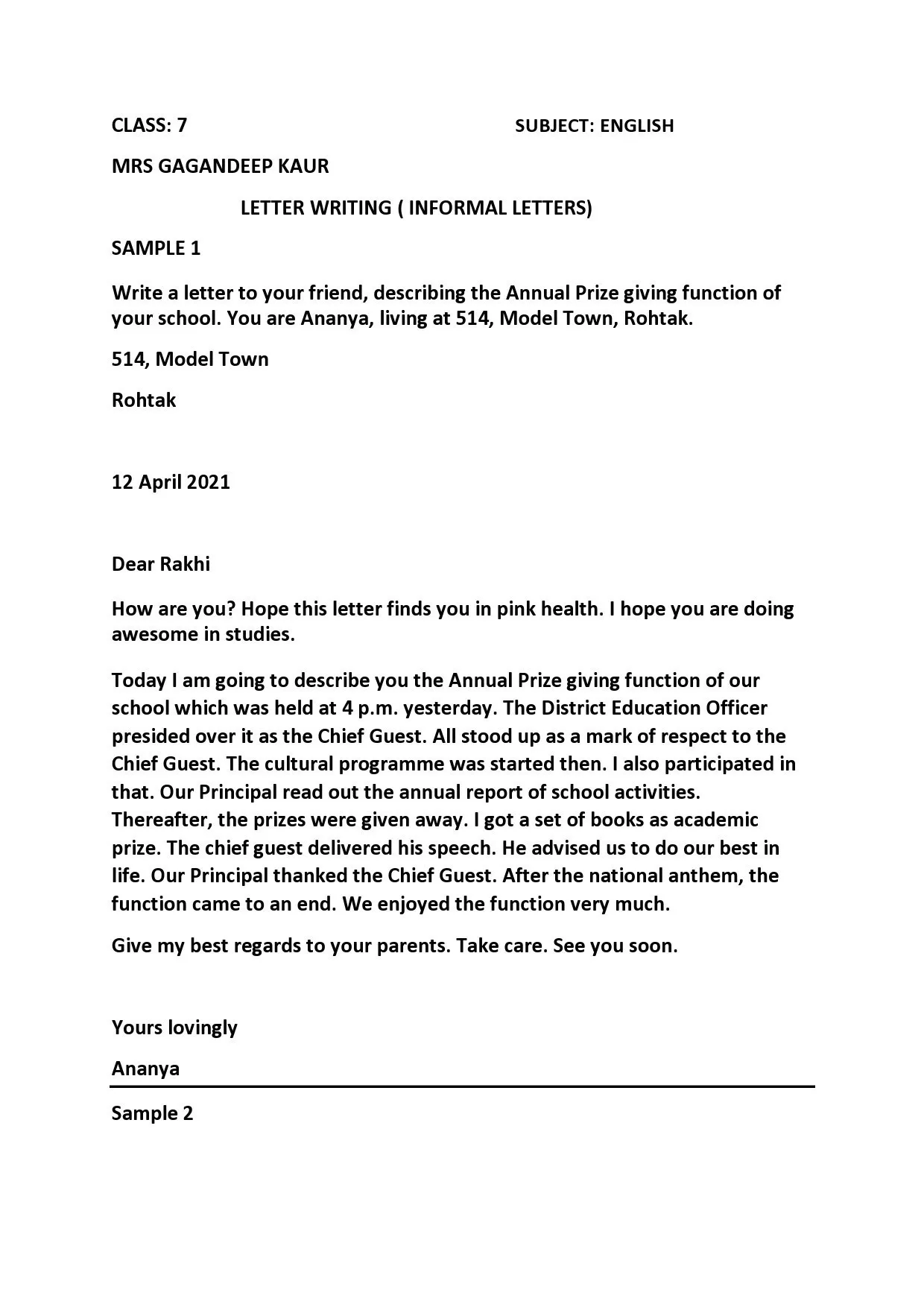Understanding Informal Cover Letters
In today’s dynamic job market, adapting your communication style is crucial for making a positive impression. Informal cover letters offer a refreshing approach compared to their more formal counterparts, especially when aiming to connect with potential employers or network with industry professionals. These letters embrace a conversational tone and are ideally suited for specific situations where a relaxed yet professional approach can build rapport and demonstrate your personality. Mastering the art of writing a compelling informal cover letter can significantly boost your chances of securing interviews and landing your dream job.
Purpose of an Informal Cover Letter
The primary goal of an informal cover letter is to establish a connection and initiate a conversation. It’s not merely a formality, but a strategic tool for building relationships and expressing genuine interest. Unlike formal letters that emphasize qualifications, an informal approach allows you to showcase your personality, enthusiasm, and how your skills and experience align with the company culture. By using a friendly and engaging tone, you can make a memorable impression and stand out from other applicants, making the recipient more likely to want to learn more about you.
When to Use an Informal Cover Letter
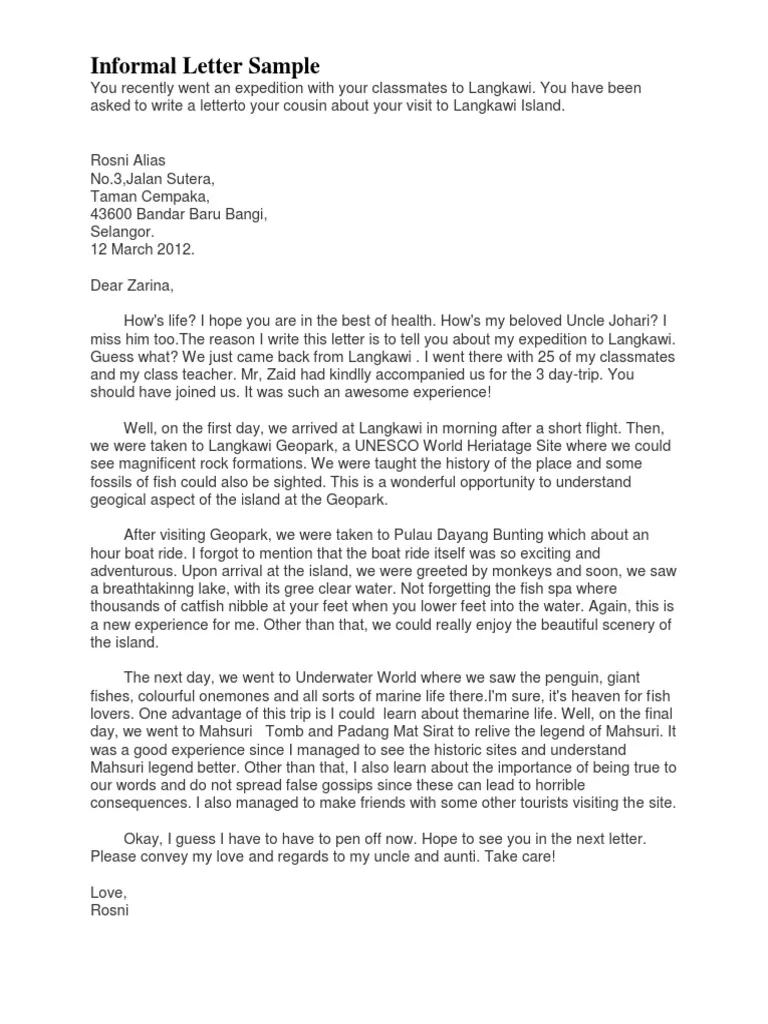
Informal cover letters are most effective in specific contexts. They excel in networking situations, such as reaching out to professionals for informational interviews or connecting with individuals on LinkedIn. Also, they’re appropriate when applying for positions where a more casual company culture is evident or when you’re communicating with someone you already have a relationship with. Moreover, they can be advantageous when following up on a conversation, expressing interest in a company after attending an event, or applying for a job through a personal referral.
Key Differences Between Informal and Formal Cover Letters
The key difference between informal and formal cover letters lies in the tone, structure, and language used. Formal letters use a professional, polished, and often impersonal tone, while informal letters adopt a more conversational and friendly approach. Formal letters are usually highly structured with a standard business format, whereas informal letters allow for more flexibility and personalization. Also, formal letters often use more sophisticated vocabulary and avoid contractions, whereas informal letters encourage a more relaxed use of language, including contractions and personal pronouns. The goal with an informal letter is to create a natural flow.
Essential Elements of an Informal Cover Letter
The Greeting and Opening
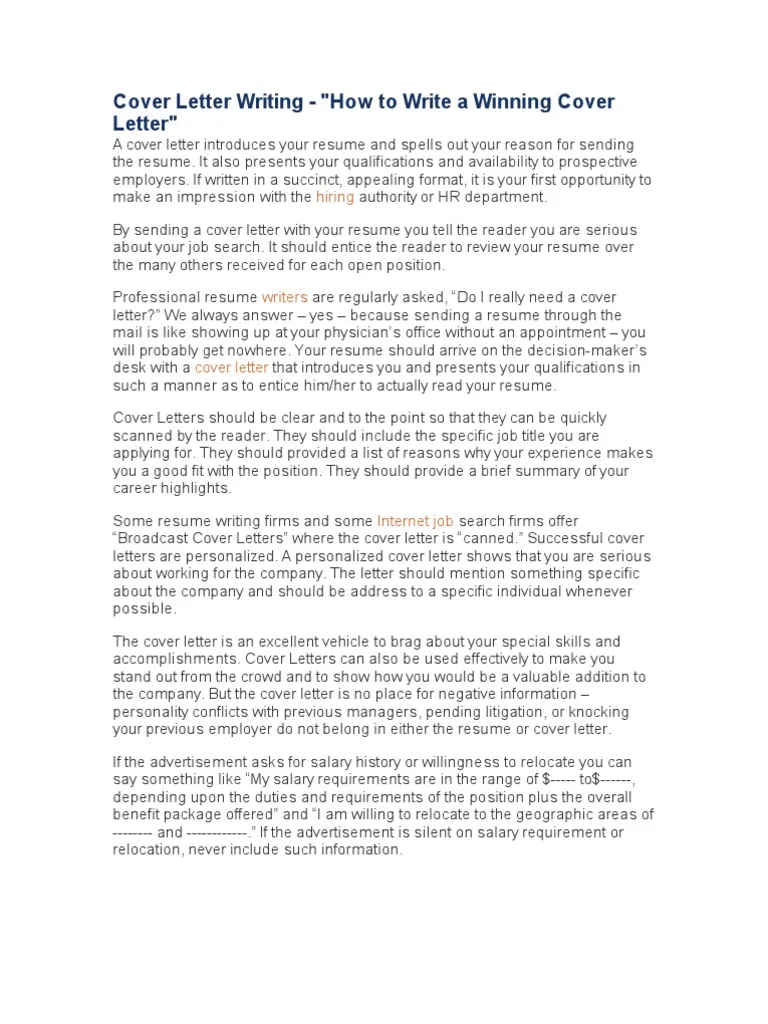
The opening sets the tone for the entire letter, so choose your greeting carefully. Instead of “Dear Mr./Ms. [Last Name],” opt for a more approachable greeting, such as “Hi [First Name],” “Hello [First Name],” or even “Good morning/afternoon [First Name],” if you know the person. The opening paragraph should immediately capture the reader’s attention, expressing your excitement or interest in the opportunity or the company. Keep it concise and focused, hinting at the reasons for your email or the connection you’re trying to establish. Use a personal anecdote or a reference to a shared connection if possible, this sets a friendly tone.
Expressing Interest and Qualifications
In this section, clearly state your interest in the opportunity or the company. Explain why you are enthusiastic about the role, project, or company culture. Briefly highlight relevant skills, experience, or qualifications that align with the job requirements or the company’s needs. Avoid sounding overly formal or boastful. Instead, let your personality shine through and show your enthusiasm. Briefly explain your achievements in a way that will spark their interest. You can use conversational language and focus on how your skills would benefit the company, not just your resume’s bullet points.
Highlighting Relevant Experience and Skills
Focus on providing specific examples that demonstrate your abilities and experience. Instead of just listing your skills, describe how you’ve used them in past projects or roles. Provide concise, impactful statements that highlight your accomplishments. Use the STAR method (Situation, Task, Action, Result) to structure your examples, but keep them brief. Quantify your achievements whenever possible to show the impact of your work. Focus on the most relevant experiences and skills to avoid overwhelming the reader. Ensure that the examples align directly with the requirements of the job or the interests of the person you’re contacting.
Closing the Letter
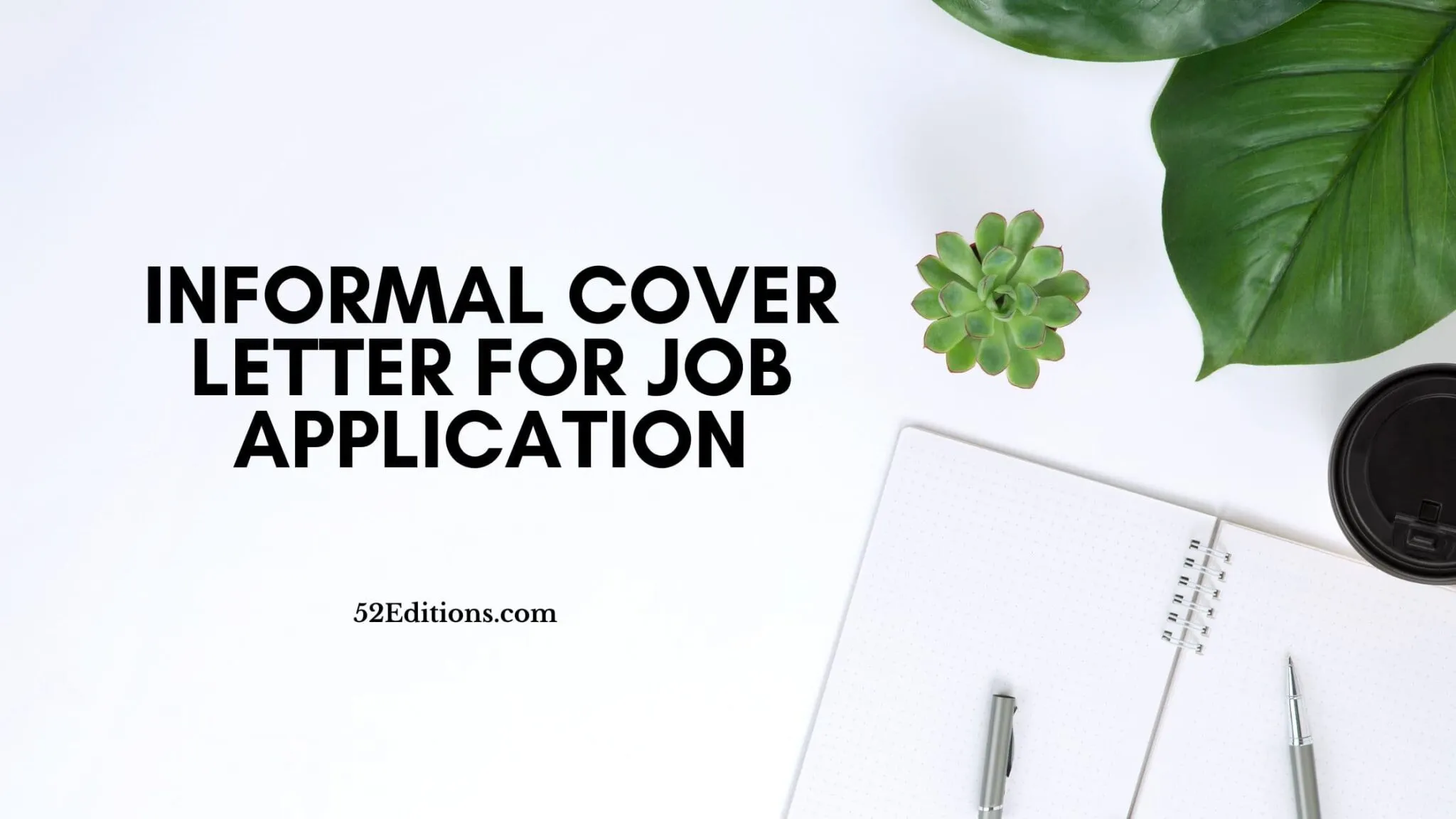
The closing paragraph should reiterate your interest and express your willingness to take the next step. Make it clear how you can contribute to the company and what you hope to achieve. Include a call to action, such as requesting an informational interview, a follow-up, or indicating your availability for an interview. Thank the person for their time and consideration. Use a friendly closing, such as “Best regards,” “Sincerely,” or “Thanks,” followed by your name. Ensure that your contact information is readily available in your signature, including your phone number, email address, and links to your professional profiles.
Formatting and Tone
Choosing the Right Tone
The tone is the most critical element of an informal cover letter. It should be friendly, enthusiastic, and genuine. Use a conversational style that reflects your personality. Avoid sounding overly formal or stiff. Use contractions, personal pronouns (I, you, we), and a more casual vocabulary. The tone should align with the company culture or the nature of your relationship with the recipient. It’s essential to strike a balance between being friendly and maintaining professionalism, ensuring the tone reflects your sincerity and interest in the opportunity, without appearing unprofessional.
Formatting Guidelines
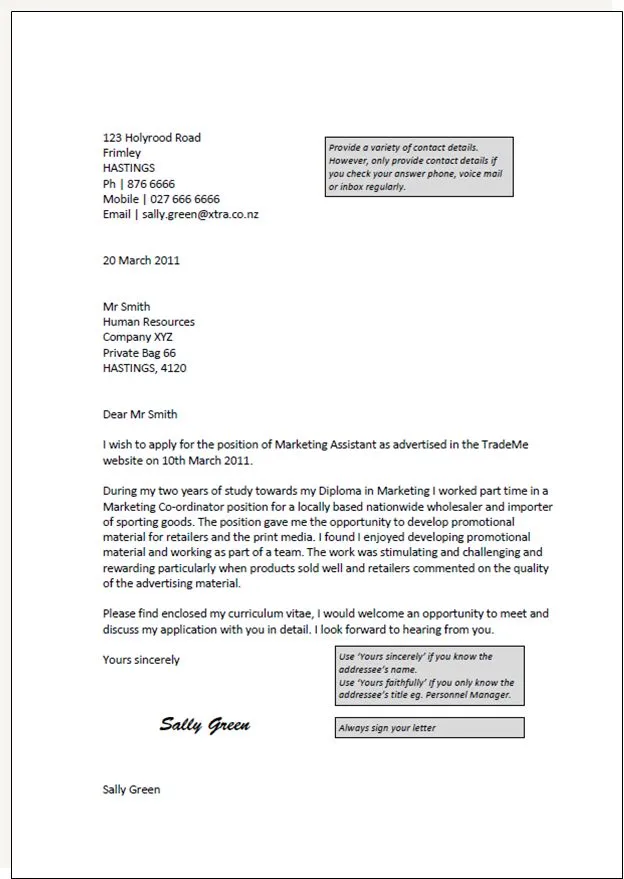
Keep the letter concise and easy to read. Aim for a maximum of one page. Use a clear and readable font, such as Arial or Calibri, with a font size between 10 and 12 points. Use ample white space to make the letter visually appealing. Break up large blocks of text with paragraphs and bullet points, if necessary. Make sure the formatting is consistent throughout the document. Use a professional-looking email signature that includes your name, job title, contact information, and links to your social media profiles. Ensure it has a polished, professional look to enhance the overall readability.
Proofreading and Editing
Proofread your informal cover letter carefully to catch any errors in grammar, spelling, or punctuation. Even in an informal setting, errors can undermine your credibility. Read the letter aloud to ensure that the tone sounds natural and conversational. Have someone else review your letter for clarity and coherence. Check the email address of the recipient before sending your email. Use a grammar checker to identify any potential mistakes. Taking the time to proofread will help ensure that your email makes a great first impression.
Examples of Effective Informal Cover Letters
Example 1 Entry-Level Position
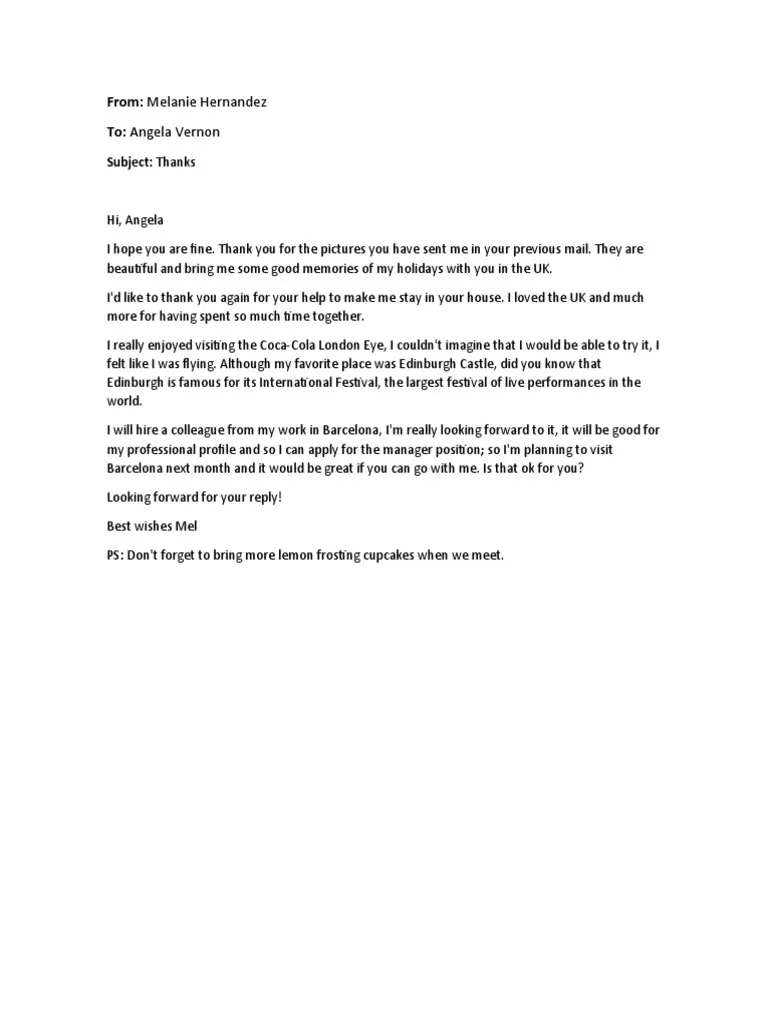
Subject Line: Enthusiastic [Your Name] – Application for [Position Name]
Hi [Hiring Manager Name],
I hope this email finds you well. I am writing to express my keen interest in the [Position Name] position at [Company Name], as advertised on [Platform]. I’ve been following [Company Name]’s work for a while now, and I’m so excited about the company’s recent project [mention something specific].
During my [Relevant Experience], I gained skills in [List 2-3 Key Skills]. For example, in my role as [Your Role], I successfully [Achievement, briefly explaining the impact]. I am eager to apply my skills to help [Company Name] achieve its goals.
I’ve attached my resume for your review and would welcome the opportunity to discuss how I can contribute to your team. Thank you for your time and consideration.
Best regards, [Your Name]
Example 2 Networking Email
Subject Line: Quick Chat – [Your Name]
Hi [Contact Name],
I hope you’re having a great week. My name is [Your Name], and I came across your profile on [LinkedIn/Platform] while researching [Industry/Company]. I am fascinated by your work at [Company Name] and especially intrigued by [Specific Project/Achievement].
I am currently [Your Current Status/Goal], and I’m keen to learn more about your career path and experience. Would you be open to a brief chat or a call sometime next week? I am available on [list available days and times].
Thanks for your time! Looking forward to hearing from you.
Best, [Your Name]
Example 3 Following Up on a Conversation
Subject Line: Following up on our conversation – [Your Name]
Hi [Contact Name],
It was a pleasure speaking with you at [Event Name] on [Date]. I am writing to follow up on our conversation regarding [topic].
As we discussed, I am very interested in [Specific Opportunity] at [Company Name]. I am particularly excited about [Specific Aspect or Project]. My experience in [Relevant Skill] aligns well with the requirements, and I am confident I can contribute to your team.
I have attached my resume and would appreciate an opportunity to further discuss how my skills align with your needs. Thank you for your time and insights during our conversation.
Best regards, [Your Name]
Common Mistakes to Avoid
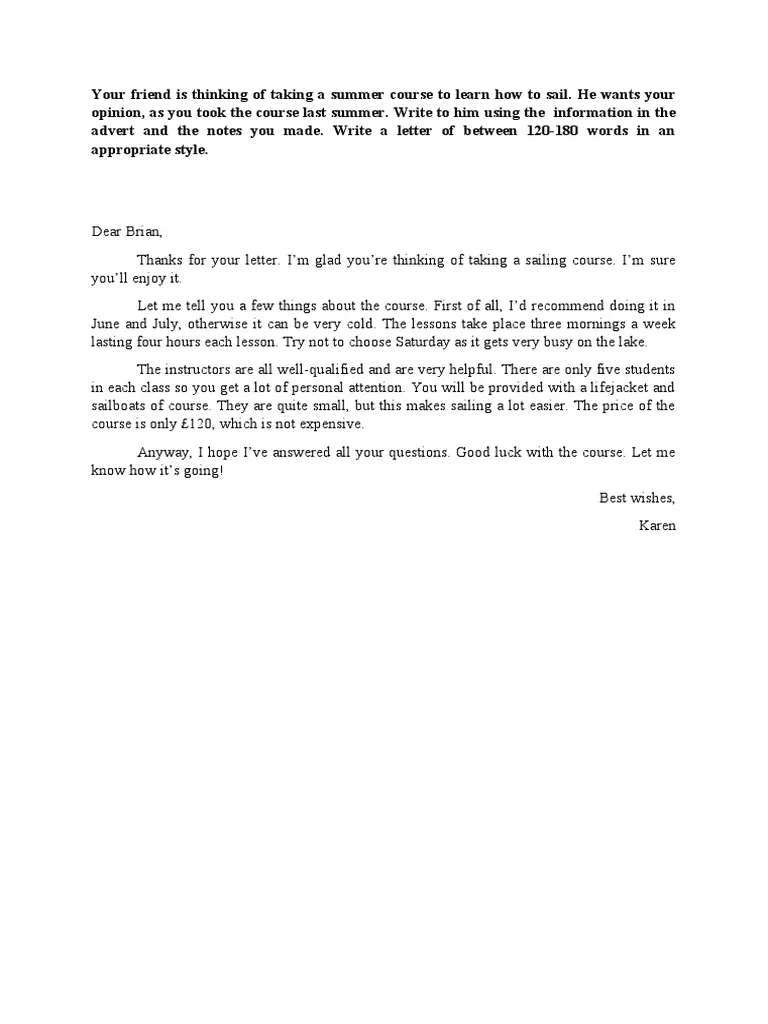
Using Formal Language
Using formal language in an informal cover letter can undermine the purpose of establishing a friendly connection. The goal is to showcase personality and genuine interest. Using excessively formal language creates a feeling of distance and impersonality and can make the letter sound insincere or pretentious. Instead, use a conversational tone, incorporating contractions and using everyday vocabulary. The more natural and relatable you come across, the better.
Being Too Casual
It’s important to strike the right balance between friendly and professional. Being overly casual can make the candidate appear unprofessional or uninterested. Avoid using slang, excessive emojis, or overly familiar language. Maintain a respectful and appropriate tone throughout the letter. While it should be conversational, it is still a professional communication. Maintain a level of professionalism in your communication.
Failing to Proofread
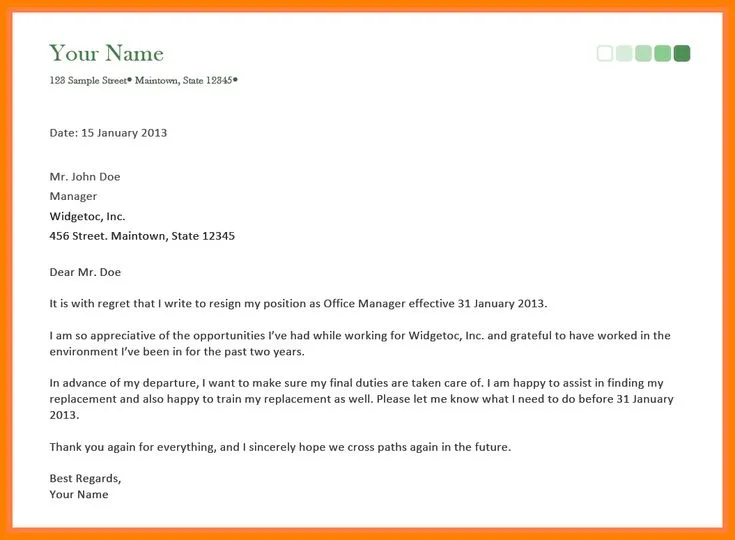
Proofreading is non-negotiable. Even in an informal cover letter, errors in grammar, spelling, or punctuation can reflect poorly on the candidate. These mistakes can reduce the writer’s credibility and create the impression of carelessness. Ensure you have carefully reviewed the letter before sending it. Use grammar and spell checkers, and consider asking a friend or colleague to read it over as well. Ensure every word is correct.
Best Practices for Sending Your Informal Cover Letter
Subject Line Strategies
A well-crafted subject line is crucial for getting your email noticed. Use clear and concise subject lines that grab the reader’s attention. If you’re applying for a specific position, include the job title. If you’re networking, mention the purpose of the email (e.g., “Networking Inquiry”). Personalize the subject line by referencing something specific about the recipient or company, if possible. Avoid generic phrases like “Cover Letter” or “Following Up.” Instead, personalize and specify the subject line to make it easier for the recipient to understand the nature of the email.
Attaching Your Resume
Always include your resume when applying for a job or when the recipient has requested it. Ensure your resume is formatted professionally and is up to date. Name the file clearly (e.g., “Your Name_Resume.pdf”). Mention in your cover letter that you have attached your resume for review. This helps the recipient quickly find all the relevant information about your skills and experience. Double-check that the correct document is attached.
Following Up
Follow up on your informal cover letter to show your continued interest and initiative. Send a polite follow-up email within a week if you have not received a response. Restate your interest, and briefly mention any new information or developments. Keep your follow-up brief and professional. If the recipient hasn’t responded, it could mean they’re still considering applications, have missed your email, or have moved on. Do not be afraid to follow up politely.
